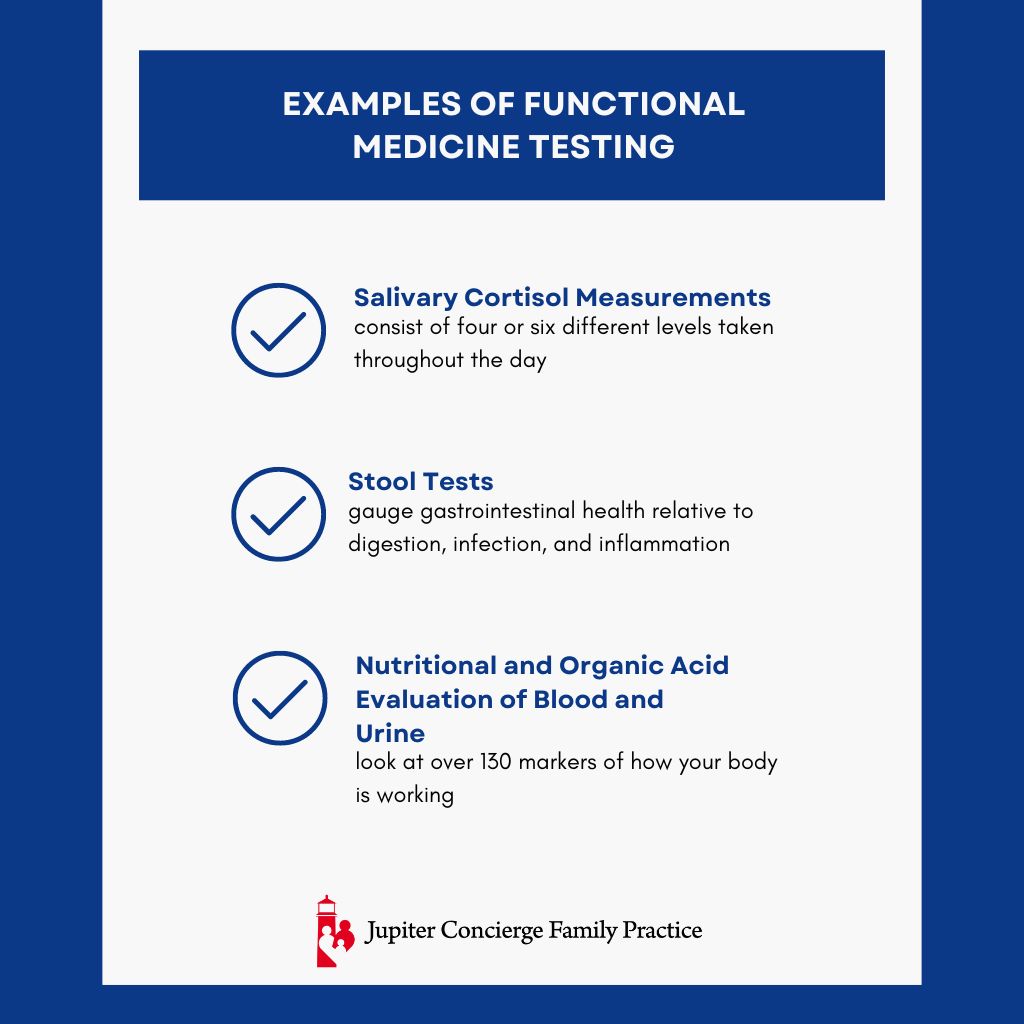 A common misconception among patients regarding test results is that normal is a strict number. In reality, that number not only isn’t strict, it also depends upon a range of factors.
A common misconception among patients regarding test results is that normal is a strict number. In reality, that number not only isn’t strict, it also depends upon a range of factors.
That reality has some pretty big implications for patient health, as well as for understanding — and appropriately responding to — test results. Let’s dive in to clear up the big misunderstandings about medical test results.
Watch Trends, Not Just Ranges
An important factor to consider in understanding test results is what the numbers reveal about your individual trends.
Let’s take an example with arbitrary numbers. Say that you had a test, and the “normal” range for that test result was 5–20. You got an eight. That’s technically normal, right? But last year your result was 12, and the year before you had a 16. Even though your eight is still within the “normal” range, the trend is concerning.
Now let’s look at an actual disease with real numbers. A hemoglobin range of 13–17 is considered normal, meaning no sign of anemia. Again, that range doesn’t stand alone. If you’ve had steadily declining numbers year over year, your physician should look into what’s happening with your blood count — even if you’re still within the “normal” range.
What’s Normal, Anyway?
In terms of medical test results, a “normal” value means your likelihood of having a disease process is lower. An “abnormal” result means your likelihood of having a disease process is higher.
An abnormal test result doesn’t automatically mean you do have an illness, and a normal test result doesn’t mean you don’t have an illness. They simply indicate, based on that one metric, that you’re more or less likely to have an illness.
Lab tests may be normal while the degree of illness is minor, and may only yield abnormal results after the disease has progressed. Or one lab test may come back normal, but by looking deeper we may find an early sign of disease.
For example, you might have a normal kidney function test (creatinine), but have an abnormal urine test that shows protein in the urine. That’s because different aspects of health will show up on one test but not on another test. Further testing would help define what that root cause is.
How Can Functional Medicine Help?
Because functional medicine focuses on prevention and root causes of illnesses, we look at dysfunctions occurring in the body before they have a chance to turn into disease. This gives us greater opportunity to address them at the source and avoid the damage a more advanced illness would cause.
While conventional medical testing typically looks at certain levels in blood and urine, functional medicine looks at how various body systems are working together. Both types of testing have merit.
Functional medicine considers things like metabolites — the biochemistry behind the levels in blood and urine. We also consider and test for genetic influences.
Some examples of functional medicine testing include:
- Salivary cortisol measurements, which consist of four or six different levels taken throughout the day
- Stool tests to gauge gastrointestinal health relative to digestion, infection, and inflammation
- Nutritional and organic acid evaluation of blood and urine to look at over 130 markers of how your body is working
Consider Your Test Results in Context
Medical tests are guides that can help us determine our overall health and wellness — both where we are, and where we’re heading. We’re all unique individuals, so our results need to be interpreted within the context of our unique circumstances and medical histories. A test is one piece of information that should fit into the larger medical picture.
If you have questions about your test result, we encourage you to contact your physician. And of course, we hope members of Jupiter Concierge Family Practice will contact us with any questions about test results or any other aspect of their health!

